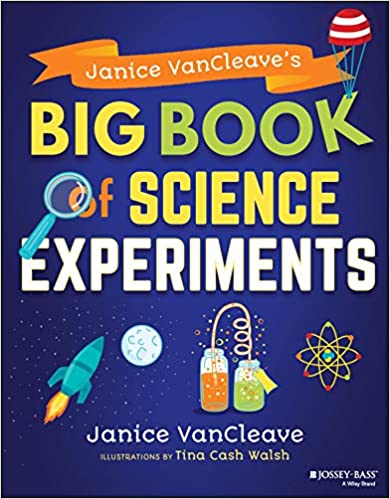This photo by Sara Robinson, captures my chocolate fantasy. Being diabetic, chocolate candy, chocolate icing, chocolate etc… for me can only be a part of my dreams.
Studies have shown a relationship to chocolate and mood.
STOP!!!
When you see such information, don’t accept it as something you can use for a research report. Ask yourself questions, such as:
- What kind of studies?
- Who made the studies?
- How many people were tested?
- Were the tests valid?
- Point out to your students that as scientists, they need to question “secondary research,” which consists of anything that someone else publishes. For fun, make up a study that will have an obvious results, such as:
Does Chocolate Affect Moods of Kids?
A group of 100 eleven year- old kids (50 boys and 50 girls) were taken on a tour of ” Yummy Tummy Chocolate Factory.” A pre-test was given before starting the tour to determine the mood of each child in reference to thinking about all the different chocolate candies they would see being made during the tour.
At the end of the tour, 25 girls and 25 boys were randomly selected and given different chocolate candies to taste. The remaining children watched the others eat candy. During this part of the tour, a post-test was given to determine their moods about the tour. The data from the two tests was analyzed and the conclusion of this study was that thinking about and eating chocolate positively affected the mood of the children. Wanting and not having chocolate to eat negatively affected the mood of the children.
From this rather “unscientific” study, one could state that the study showed a relationship to chocolate and mood.
It is so important for kids to be aware that everything they read in print and/or online is not always accurate.
With all of this said, there is some chemical evidence that chocolate has positive effect on a person’s mood. Why? How?
There is a chemical in chocolate that stimulates the release of endorphins in the brain, creating feelings of well-being and calm.Did you immediately accept this information?
Is this really true? What is this chemical? What are endorphins and do they make you calm?
Encourage your students to not be “tunneled visioned.” Ask questions? Find out for themselves if what is presented as a fact really is true.
Big Book of Science Experiments
A book of fun informative experiments about astronomy, biology, chemistry, earth science, and physics.
(Paid Link)

